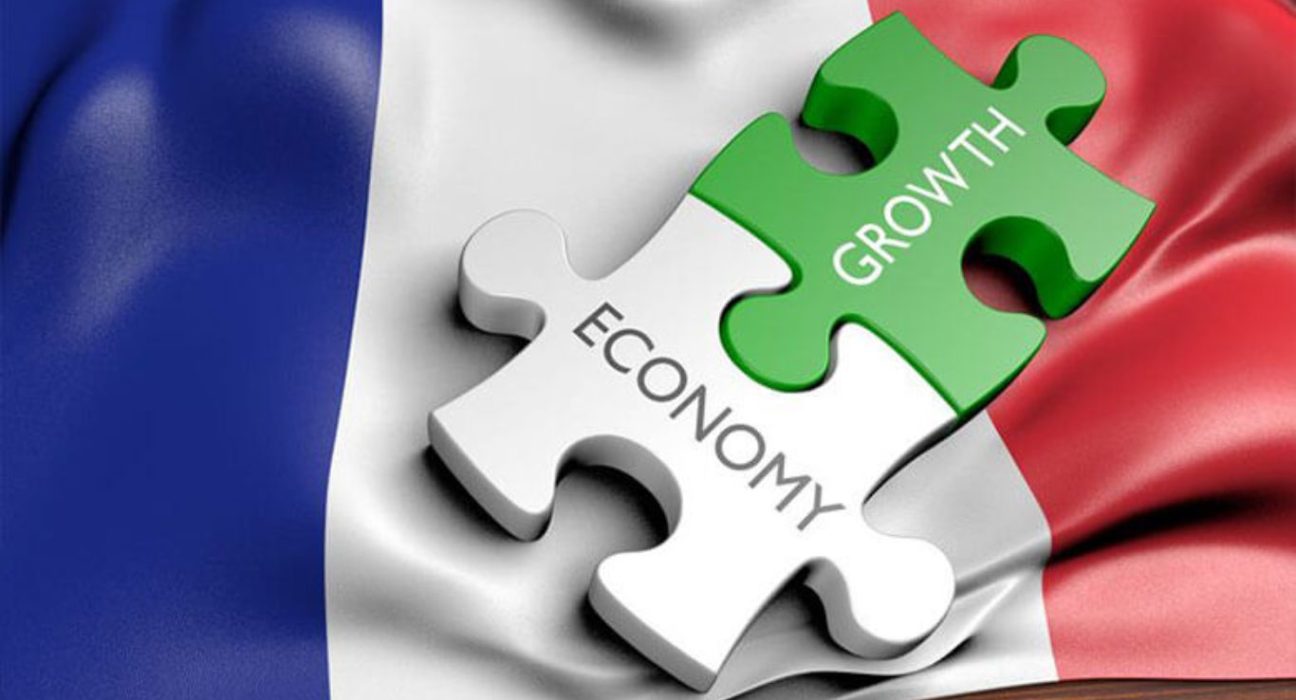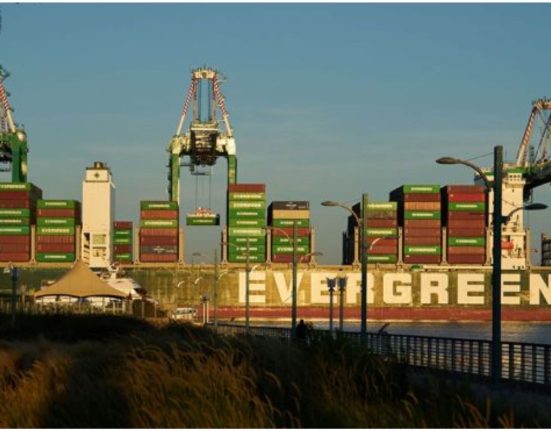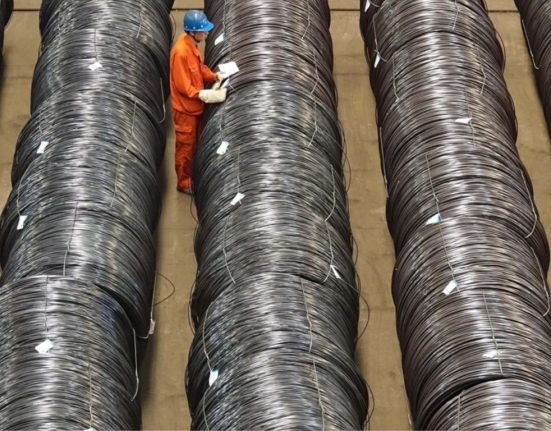France’s Economic Resilience Amidst Germany’s Downturn
The economic landscape of Europe is undergoing a notable shift, with France emerging as a beacon of resilience while Germany grapples with recessionary woes. This divergence in performance between the Eurozone’s two largest economies has captured the attention of economists and policymakers alike. In this article, we delve into the factors driving France’s relative economic strength and the challenges Germany faces.
A Tale of Two Economies
The European Commission’s recent assessment paints a stark picture of the differing trajectories of Germany and France. Germany, the Eurozone’s powerhouse, is expected to contract by 0.4% this year, while France is projected to experience growth of 1.0%. This contrast in economic performance is significant, especially given the intertwined destinies of these neighboring nations within the European Union.
Understanding France’s Resilience
Diversified Economy
One of the key factors contributing to France’s economic resilience is its diversified economy. France boasts a broad spectrum of industries, including manufacturing, agriculture, services, and technology. This diversity helps cushion the impact of economic shocks in specific sectors, making the country less susceptible to downturns in any one area.
Government Policies
France’s proactive government policies have played a crucial role in supporting economic stability. Initiatives such as investment in infrastructure, support for small and medium-sized enterprises (SMEs), and reforms aimed at enhancing business competitiveness have created a favorable environment for economic growth.
Strong Consumer Demand
Consumer demand in France has remained robust, contributing significantly to the nation’s economic buoyancy. High consumer confidence, driven by factors like low unemployment and social safety nets, has kept spending levels healthy, helping to counterbalance other economic headwinds.
Eurozone Dynamics
France’s relative resilience can also be partially attributed to the dynamics within the Eurozone. The European Central Bank’s accommodative monetary policies have helped maintain favorable borrowing conditions, which, in turn, have supported French businesses and households.
Germany’s Recessionary Challenges
Export Dependency
Germany’s economic woes stem, in part, from its heavy reliance on exports. As one of the world’s leading exporters, Germany’s economy is highly exposed to fluctuations in global demand. Trade tensions and disruptions in global supply chains have put pressure on German exports, leading to a contraction in economic activity.
Manufacturing Slowdown
The manufacturing sector, traditionally a powerhouse of the German economy, has experienced a slowdown. Factors such as a decline in demand for German automobiles and disruptions in the production of critical components have impacted this sector negatively.
Transition to Sustainable Energy
Germany’s ambitious transition to renewable energy sources, while commendable for its environmental goals, has posed economic challenges. The costs associated with this transition, coupled with uncertainties in energy markets, have placed a strain on the German economy.
Demographic Pressures
Demographic trends also contribute to Germany’s economic challenges. An aging population and a declining workforce present long-term challenges for sustaining economic growth.
The Eurozone’s Implications
The diverging fortunes of Germany and France have broader implications for the Eurozone and the European Union as a whole. While France’s resilience can serve as a source of stability within the Eurozone, Germany’s economic downturn raises concerns about the overall health of the single currency area.
Conclusion
In conclusion, France’s relative economic resilience amidst Germany’s downturn reflects a combination of factors, including a diversified economy, proactive government policies, and strong consumer demand. While Germany grapples with challenges arising from its export dependency, manufacturing slowdown, energy transition, and demographic pressures, France serves as a beacon of stability in the Eurozone.
The divergent paths of these two economic giants within the Eurozone underscore the complex dynamics at play within the European Union. Policymakers and economists will closely monitor these developments, seeking ways to enhance economic cooperation and ensure the overall stability of the Eurozone in the face of evolving challenges.










